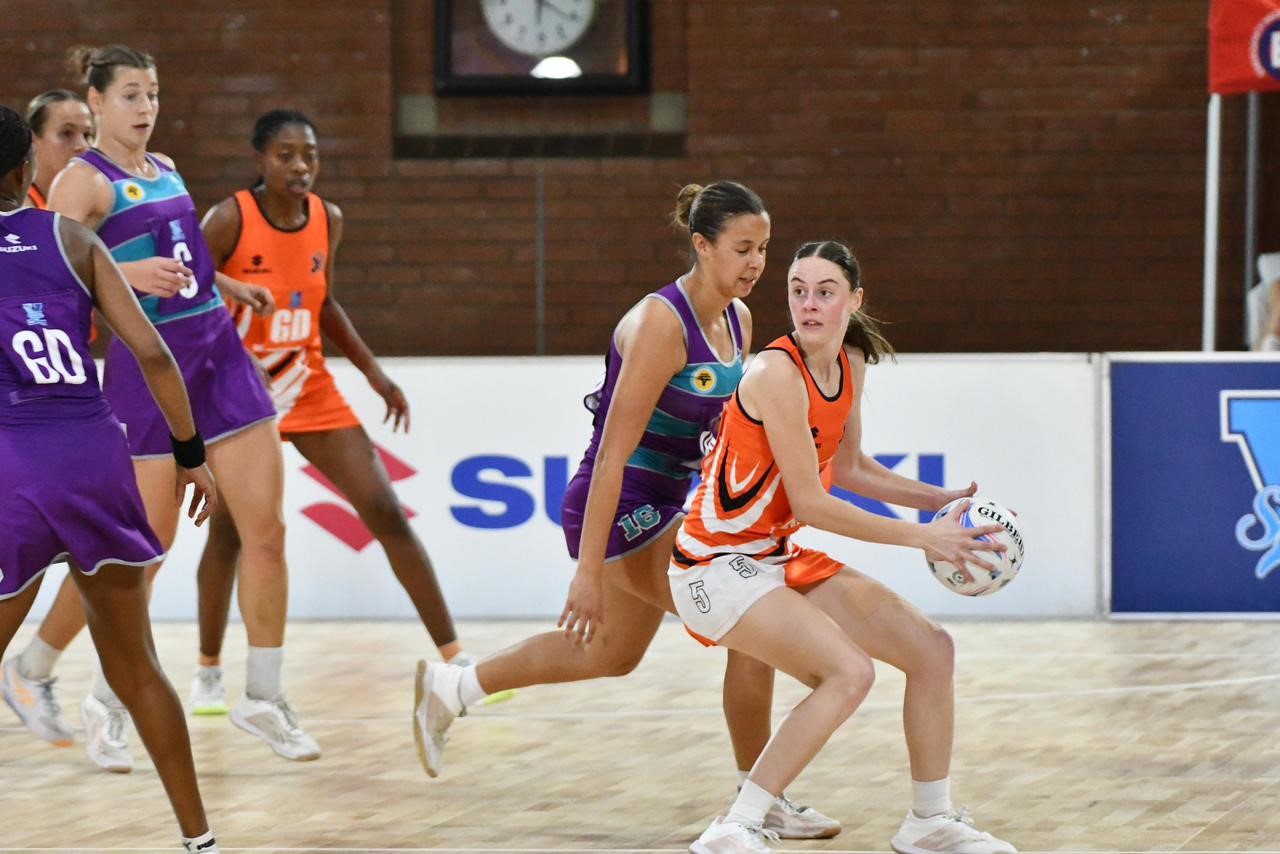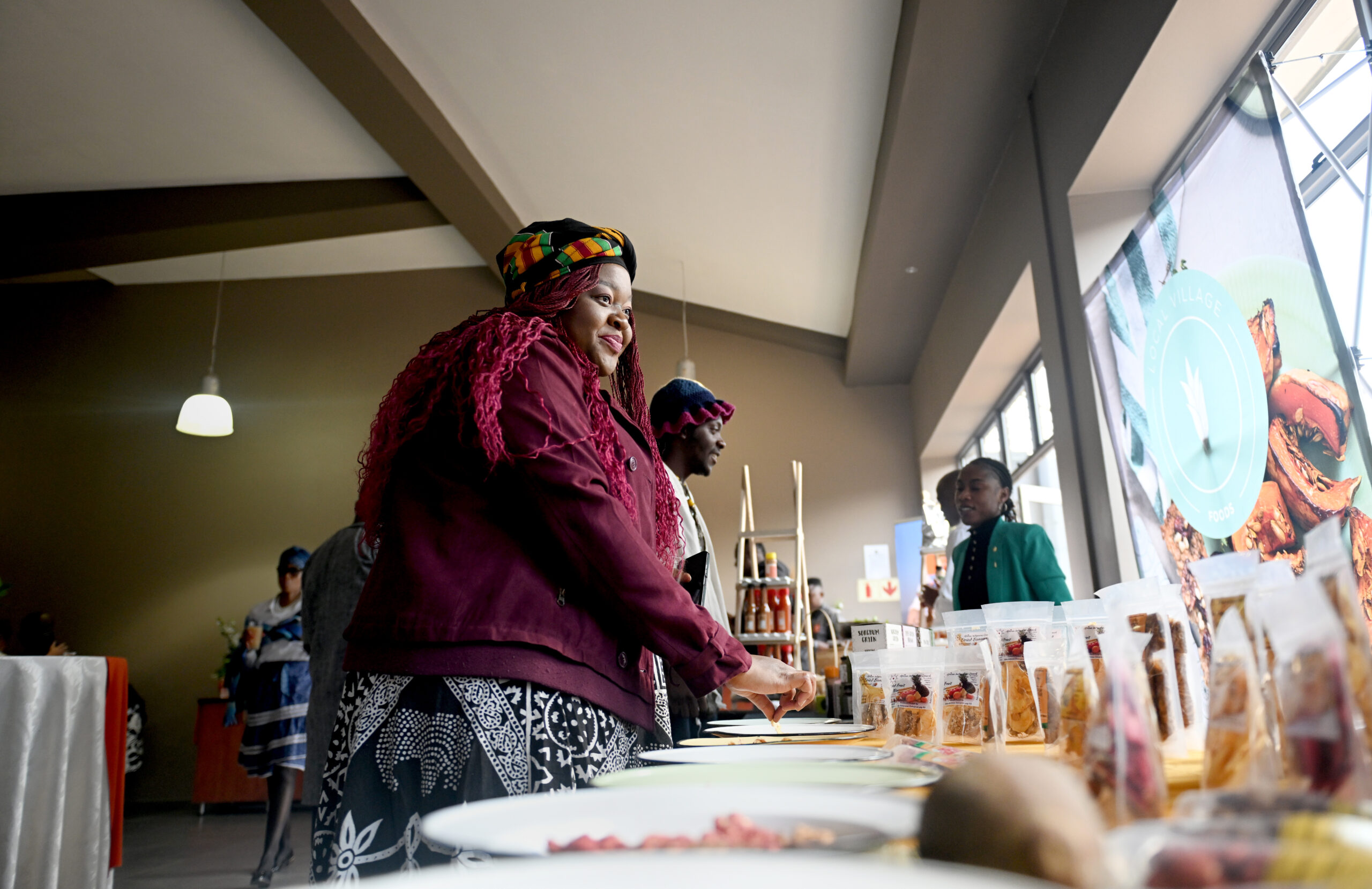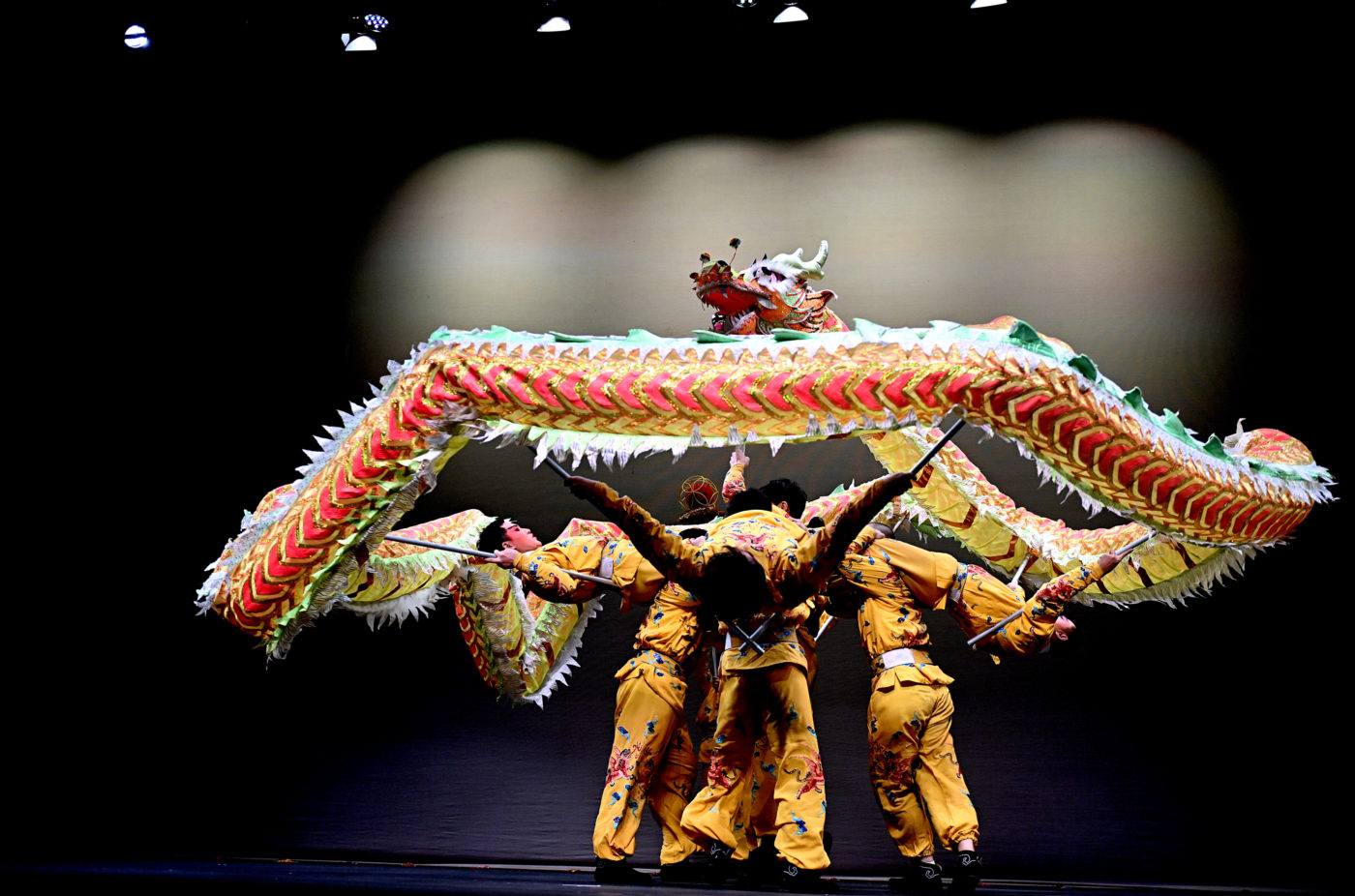The University of Johannesburg (UJ)’s Community Engagement Unit hosted its annual Women Empowerment Programme on Friday, 30 August 2024.
Under the theme “30 Years of Democracy and Beyond: Forging Women’s Inclusion in Decision-Making for Better Communities,” the event featured prominent guest speakers who emphasised the critical importance of accessibility and equality in male-dominated environments.

Senior Manager: Community Engagement
The UJ Women in Community Engagement Empowerment Programme (UJWiCEEP) aims to celebrate women from diverse backgrounds while facilitating the exchange of knowledge and information across various fields. The programme focuses on practical strategies for implementing the global Sustainable Development Goals (SDGs) within communities, highlighting the essential role of women in this process.
Key reflections and insights
Dr Shaheda Omar, Clinical Director at The Teddy Bear Foundation, provided a thought-provoking reflection on the myriad challenges women face, including socio-economic barriers, closing the gender pay gap, and cultural and patriarchal norms. She also addressed issues like violence and harassment, political representation, and leadership.
“The journey towards forging women’s inclusion in community engagement programmes in South Africa has been complex and multifaceted. While significant strides have been made, much work remains to ensure that women’s full participation is realised,” said Dr Omar. She emphasised the importance of advocacy and empowerment programmes, urging the audience to become active participants in creating a better future: “If you see something, say something. We need to become a better ‘he’ for ‘she’.”

Ms Zakhona Mvelase, Founder of the African Women Against Corruption Network (AWACN), spoke passionately about advancing women’s participation in the anti-corruption agenda in Africa. She highlighted the unique vulnerabilities women face in this sphere, noting that women often incur higher repercussions for reporting corruption.
“Corruption is often seen as a man’s problem to solve, yet women are disproportionately affected. For women and girls, corruption goes beyond the exchange of money—it is the coercion of women to offer their dignity as currency for bribes. There are multiple currencies of corruption,” Ms Mvelase stated. She urged for a more inclusive approach to anti-corruption efforts, which would better address the specific challenges women face.
Inspiration and encouragement
Prof Kulsum Kondiah, Vice Dean of Teaching and Learning in the Faculty of Science, delivered an inspiring address about women inventors, activists, and game-changers who succeeded despite great adversity. She encouraged attendees to be authentic and to fulfil their purpose: “Tell your story and be proud of who you are. You’re in control of your personal brand. Align yourself with authenticity and with projects and people who share your values. Don’t be afraid to brag about yourself. You can build and grow a community around you, and the legacy you want to leave behind will determine how you grow yourself, your society, and the future.”

Prof Mpho Primus, Co-Director at the Institute for Intelligent Systems (IIS), reflected on the transformative power of technology to solve societal problems. She stressed the need for a people-centred approach to technology development, addressing challenges such as working in silos and the necessity of upskilling and reskilling.
“In all sectors, we need to think about what people need and how technology can help meet those needs,” Prof Primus stated.
Commitment to inclusion and resilience
This year’s programme theme underscored a commitment to creating pathways for greater women’s participation in leadership and decision-making roles, with the ultimate goal of building more inclusive and resilient communities. The event highlighted the ongoing need for continued advocacy, awareness, and empowerment to ensure that women are fully included in shaping the future of South Africa and beyond.



